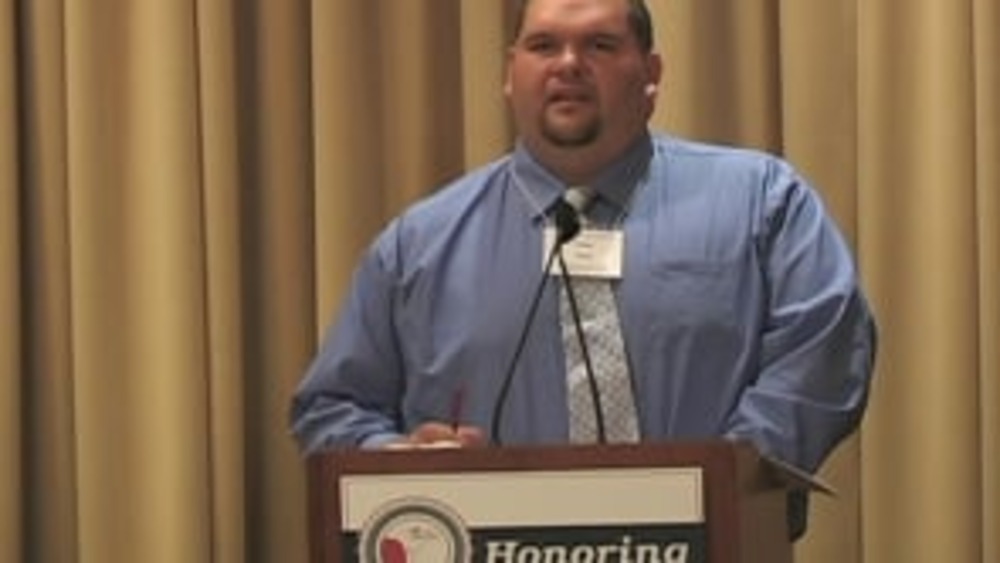Indigenous Governance Database
reintegration programs
Thumbnail

Honoring Nations: Tony Fish: The Muscogee Creek Nation Reintegration Program
Muscogee Creek Nation Reintegration Program Manager Tony Fish explains how and why his nation developed a prisoner reintegration program that reflects its culture, combats recidivism, and makes for a safer Muscogee Creek community.
